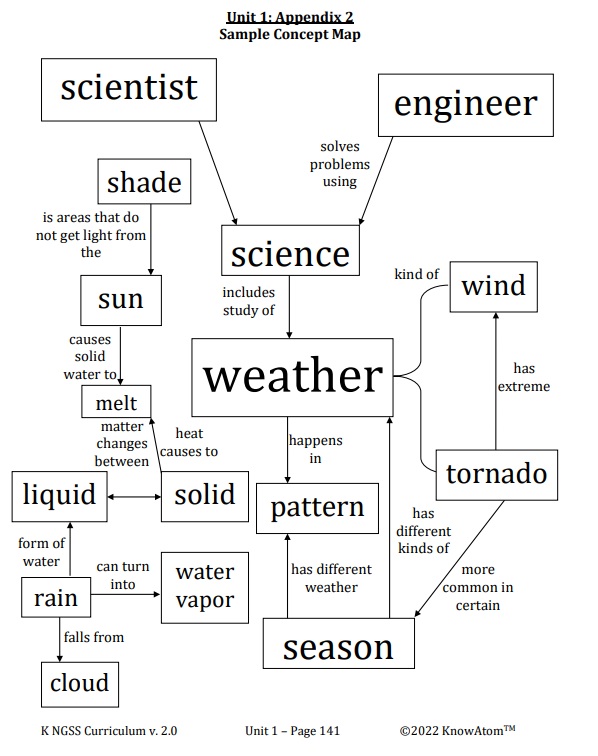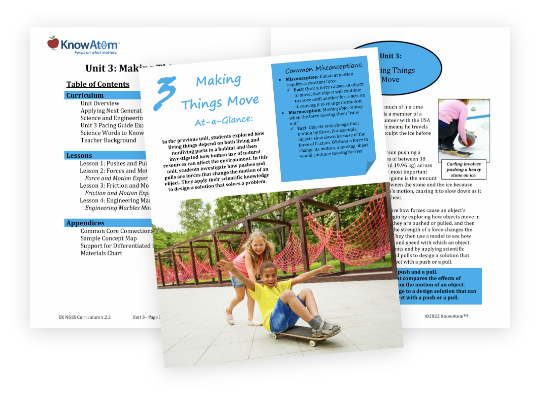Science Lesson: Discovering Who Scientists Are
In this brief lesson students engage in Socratic dialogue or wonder circle asking and answering questions about who scientists are, they also use a picture thinking routine to make their own connections to how scientists ask questions and conduct experiments. The goal of this lesson is to launch students into a process of developing a storyline and identity as a scientist and engineer themselves. They will carry this understanding forward as they engage phenomena hands-on as a scientist and engineer in future lessons.
Science Big Ideas
- Scientists are people who ask questions to find out more about the world around them
- Observation involves using different senses, including sight, smell, sound, and touch.
- Whenever students look at the world around them and notice something specific, they are making observations.
- Anytime anyone asks a question and then looks for evidence to answer their question, they are being scientists.

Discover Complete Hands-on Screens-off Core Science Curriculum for K-8 Classrooms
Prepared hands-on materials, full year grade-specific curriculum, and personalized live professional development designed to support mastery of current state science standards.
Science Essential Questions
- How are the scientists we saw using observations?
- When have you made an observation? Did you use that observation to answer a question?
- How do you know when you are a scientist?
- What questions do you have about the world around you? How could you act like a scientist to answer one of your questions?
Common Science Misconceptions
Misconception: Engineers and scientists are the same.
Fact: Engineers and scientists use many of the same practices and skills, but they have different goals. Scientists search for answers to questions, while engineers solve problems.
Science Vocabulary
Science : the study of the world around us
Scientist : a person who asks questions and tries different ways to answer those questions
Lexile(R) Certified Non-Fiction Science Reading (Excerpt)


Hands-on Science Activity
This mini-lesson is a hands-on discussion which frames science and launches a storyline of intercommented lessons that follow figuring out the science of weather. Students engage in a circle discussion where they engage in letter formation and then connect symbols and scenes that they think of when they think of each vocabulary word. This becomes the foundation of a Socratic circle discussion where students share their connections and thinking about the world, the teacher and other students can ask curious questions to better understand that student’s connection in a process that helps the student reflect while sparking new ideas and connections for the entire group of students.
Science Assessments
KnowAtom incorporates formative and summative assessments designed to make students thinking visible for deeper student-centered learning.
- Vocabulary Check
- Lab Checkpoints
- Concept Check Assessment
- Concept Map Assessment
- And More...


See How KnowAtom Aligns to NGSS Science Standards
Discover hands-on screens-off core science curriculum for student centered K-8 classrooms. KnowAtom supports classrooms with all hands-on materials, curriculum, and professional development to support mastery of the standards.

